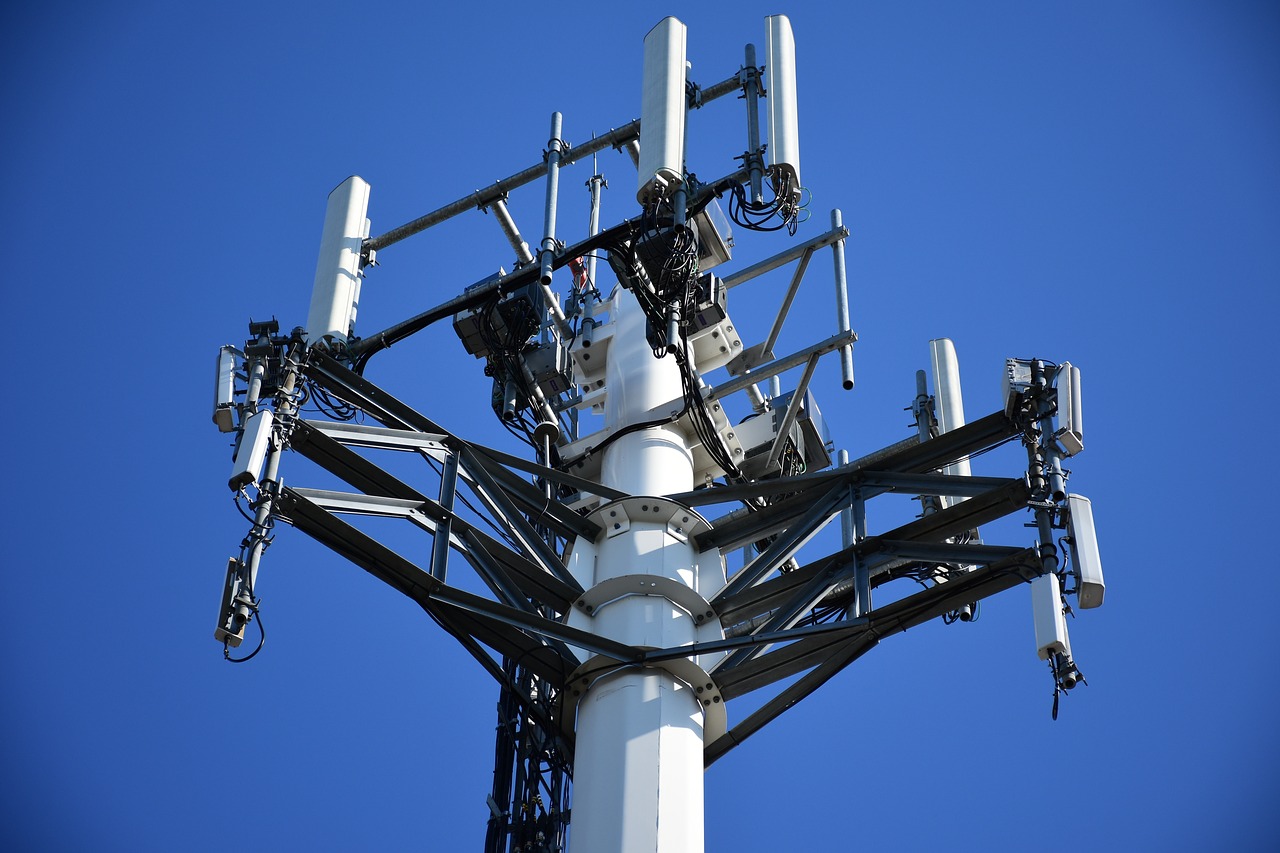5G technology could prove to be a major breakthrough in mobile broadband technology. In the following, we look at the benefits that this new technology has to offer.
The rollout of this new generation of wireless technology is expected to facilitate faster browsing and to enable people to play games and stream movies while on the go.
Increased capacity and connectivity
While 5G is significantly faster than 3G and 4G, there is much more to it than speed. Not only can 5G transmit data much more quickly, but it also offers greater capacity and can enable thousands of mobile devices within a small area to work efficiently at the same time.
Due to a reduction in latency, or the time between receiving instructions and completing an action, 5G devices are much more responsive. This is a significant improvement for gamers, as it will eliminate time delays and lags, as well as improve the overall gaming experience.
Arguably the greatest potential for 5G technology is in the development of new and innovative services. 5G goes far beyond the tenets of smartphones and games consoles, exponentially increasing capacity and connectivity.
Impact on the agricultural industry

Several countries have begun to deploy 5G technology, which is being used and tested across a number of industries. The technology is poised to revolutionize a variety of sectors, ranging from healthcare to agriculture. In the United Kingdom, one local council has created a network to support social care patients by installing 5G nodes on lamp posts, implementing virtual reality to keep patients and their families connected, and incorporating biomonitors to ensure that patients stay hydrated. The new technology has also enabled pharmacists to check in with patients remotely, helping to ensure that they take their medication as instructed.
In the agriculture sector, some farmers are using 5G technology to automate farming machinery, with machines using video sensors to scour the fields, selectively dispersing fertilizer and pesticides. Experts predict that such resources could significantly boost efficiency and save resources. Moreover, 5G technology could potentially be used to help ensure that cattle are grazed in regions that provide optimal nutrition and that irrigation systems water crops at precisely the right time. In addition, 5G could enable farmers to track livestock wellness and weather patterns. Due to the use of this technology, farmers would be able to become more efficient and potentially increase crop yields.
In the future, farmers could potentially use 5G to guide driverless tractors and to automate farming processes. The applications for 5G technology are seemingly endless. Manufacturers could use it to power smart machinery and improve efficiency by providing and reacting to real-time data streams. In addition, 5G could be used by local authorities, public bodies, and transport networks to improve public services such as street lights, parking, and traffic management. Factories could also someday be able to use 5G to control robots.
Potential benefits for the healthcare sector

In addition to the benefits that it can provide for the agriculture industry, 5G technology holds significant potential for the healthcare sector. Experts predict that the new technology could revolutionize the healthcare industry, particularly in terms of training and enabling student surgeons to practice in a connected virtual reality, replicating real-life experiences as closely as possible and even enabling trainee surgeons to develop a better feel for the operations that they are training to deliver.
Moreover, 5G could prove beneficial in the area of telemedicine. In particular, the high-quality video powered by 5G could enable physicians and patients to connect more quickly. The technology will also enable patients to have access to a larger number of specialists. In addition, physicians will have the ability to collaborate with other staff members in a more effective manner.
Through 5G, healthcare providers would also be able to monitor remote patients more effectively, which could enable them to improve preventive and personalized care. Since 5G offers greater capacity, it will enable physicians to provide remote care to a greater number of patients.
The technology can also enable healthcare providers to more quickly transmit large imaging files generated from PET and MRI scans. Consequently, patients would be able to obtain expanded access to high-quality care.
5G technology could potentially improve the patient experience, as well as lower costs and improve the overall service quality of healthcare. As these emerging technologies are integrated with mainstream medicine, many experts believe that they will pave the way for a new generation in intelligent healthcare.
In the transportation sector, car manufacturers could potentially someday use 5G for self-driving cars, enabling them to communicate with one another about traffic conditions, hazardous road conditions, and road blockages.
These points underscore the vast potential of 5G. The faster and more reliable 5G network has the potential to transform society, improve cities, and to help to connect more people around the world.

